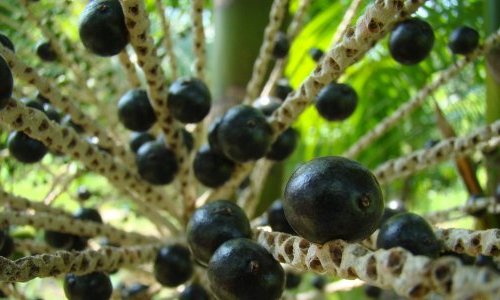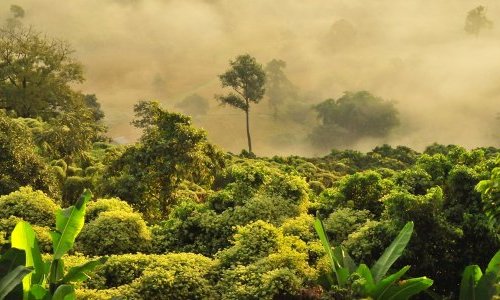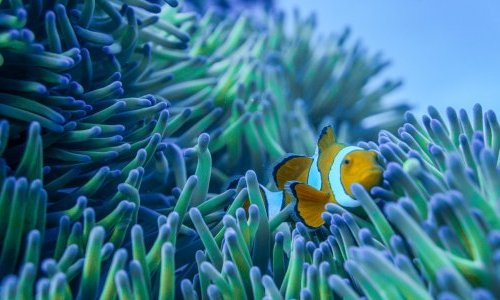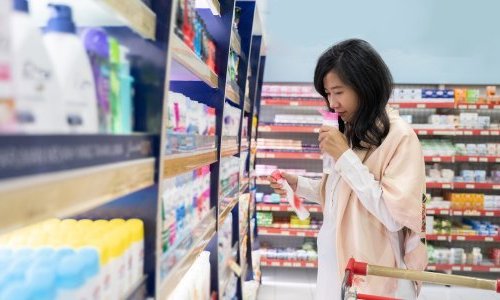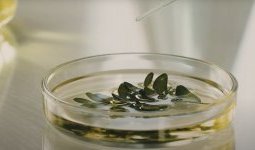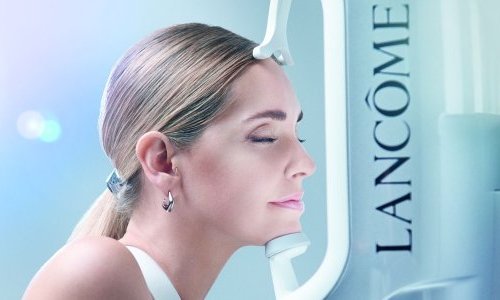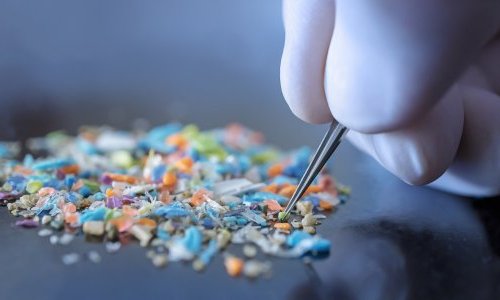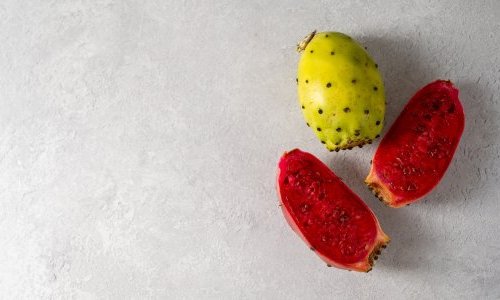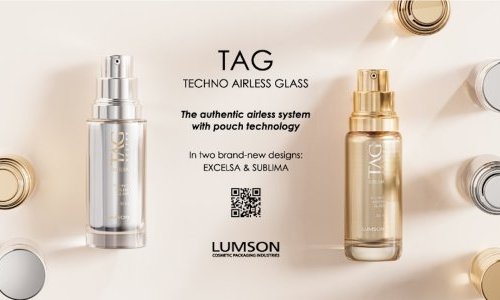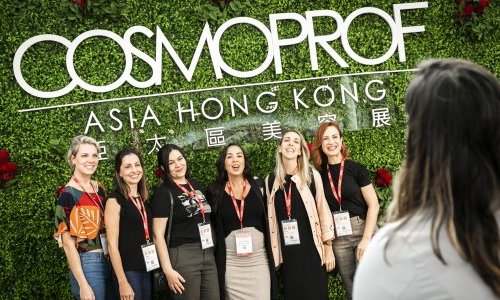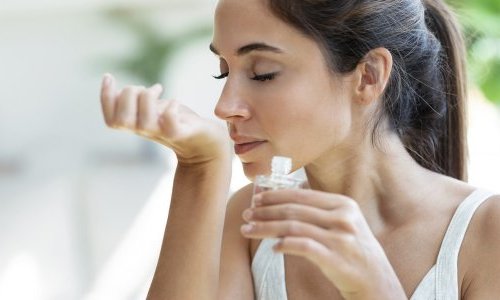Premium Beauty News - Why did you choose the Amazon region to build Symrise’s new plant in Brazil?
Eder Leopoldo Ramos - As you certainly know, the Amazon region possesses one of the world’s largest biodiversity reservoirs and thus offers a rich source of raw materials for companies within the fragrance and cosmetics industry. Symrise considers biodiversity as both a key area of concern for the future and a key factor of success in the cosmetics industry.
Ecoparque, the industrial and ecological park where we built our new plant, is an initiative of Brazilian cosmetics giant Natura. We were their first partners in this project.

Sourcing natural ingredients is a challenge. And each ingredient is different.
They inspired us with their compelling vision that sourcing ingredients from the Amazon’s rich biodiversity could allow us to offer great innovations to our customers while, at the same time, bringing economic and social development to the region. This is why we transferred our entire botanical production in Brazil to this new production unit. This is also a way to expand our research into new natural ingredients and to diversify our portfolio of fragrance ingredients.
Premium Beauty News - How does the Union for Ethical BioTrade (UEBT) support Symrise in this project?
Rik Kutsch Lojenga - When sourcing natural ingredients, sustainability, ethics and regulatory compliance are key challenges — in particular when sourcing from environmentally sensitive areas such as the Amazon region. Companies are interested in the world’s biodiversity, which means carefully addressing issues such as environment preservation and the rights and livelihoods of local communities. The role of UEBT is to help them in these areas. In Brazil, we are also working with companies such as Beraca, Natura and Solabia.
As far as Symrise is concerned, UEBT certified ingredients sourced from 14 supplier communities based in the Brazilian Amazon. We used the internationally recognised Ethical BioTrade standard, which addresses the conservation and sustainable use of biodiversity in the sourcing area and recognizes the role of provider communities through equitable prices and local projects for sustainable development.
Eder Leopoldo Ramos - Sourcing natural ingredients is a challenge. And each ingredient is different. In this context, UEBT is a good partner for us. The UEBT helps to independently secure our supply chain and to be sure that we comply with the rules on ABS (Access and Benefit-sharing) and the principles of the United Nation’s Nagoya Protocol on Access to Genetic Resources.
The industry is moving towards sustainability; in particular as natural ingredients are becoming key growth drivers. A few months ago, for instance, we bought Pinova, a U.S. supplier of fragrance, oral care and food ingredients from natural and renewable sources such as roots and tree stumps, orange oils and paper production by-products. UEBT helps us to address all the challenges linked to this natural trend.
Premium Beauty News - What are the main challenges you face on the way to ethical sourcing of biodiversity?
Rik Kutsch Lojenga - It is not easy to change the way business practices. Policies and processes in place are always difficult to modify. There are technical challenges to overcome in ensuring ethical practices. More than anything, though, it is really a paradigm shift – or perhaps more clearly stated: a change in mindset. This may seem formidable, but it is an opportunity to build something new, something better. More and more companies are seeing the value and business case for ethical sourcing of biodiversity. And the great thing is, that once the mindset has changed and the notion of ethical sourcing of biodiversity is integrated into the company, it becomes logical to work in a more innovative, inclusive and positive manner.

